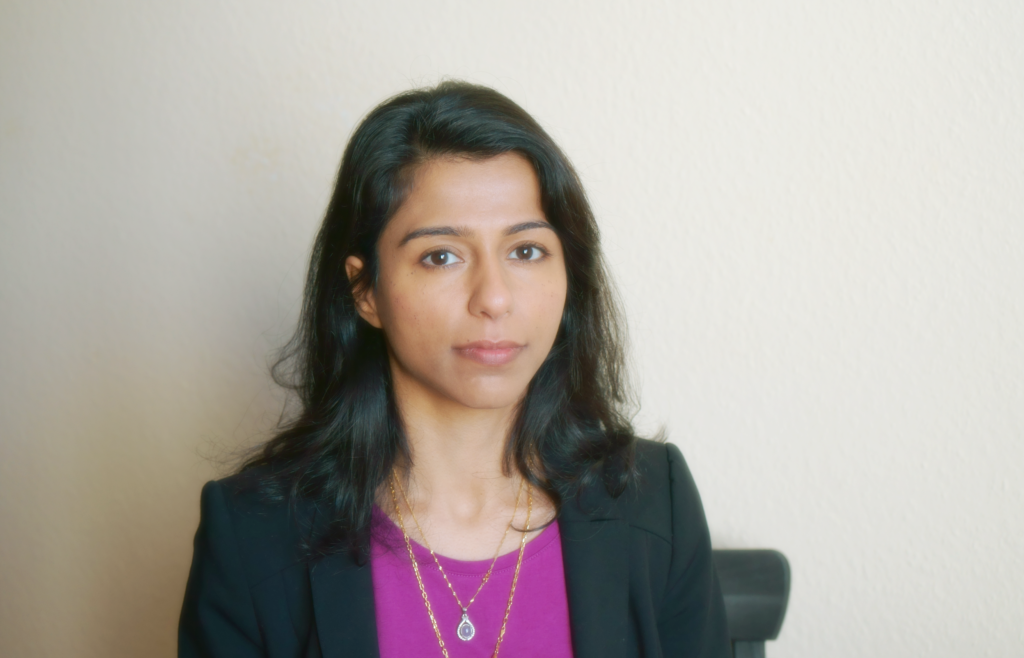
Amal Tawakuli, researcher in the field of data science, was a speaker during our webinar on the 23rd of April. During this online event, she shared with us her inspiring thoughts on computer science and its impacts on society. Today, she tells us more about her studies, her background, as well as her thoughts on being a woman in ICT.
fjfhj
1) Could you tell us about your studies?
I completed my bachelor’s degree with double major in Computer Science and Information Systems. I graduated summa cum laude. This was followed by a master’s degree in Computer Science from the UK, which I have obtained with distinction. I was selected for the “Best Student” award for my achievements in the master’s programme and was employed by my industry partner as a Software Engineer.
hdh
2) What did you do before?
I worked in the Cloud Computing industry for 3 years during which I gained valuable insights about real world software development and complex project management. Successfully delivering software solutions that facilitate tasks on individuals and businesses is one of the most rewarding aspect of my profession.
dhdh
3) What do you do now?
I am a doctoral candidate at the University of Luxembourg and part of the SECAN-Lab headed my Prof. Thomas Engel. SECAN-Lab is a strong research team within the Department of Computer Science. SECAN-Lab conducts internationally competitive fundamental and applied research in network security.
My research is a practical investigation within the field of Big Data. I am investigating the distribution of the data preparation process and leveraging edge computing to reduce the costs and resources required to obtain quality data. The challenge of obtaining quality data is faced by many industries looking to develop Artificial Intelligence solutions. Addressing this problem will not only have tangible impact on businesses but also government and society. At a later stage, I am interested in investigating Bias Data and Fairness in AI to address disparity in model performance particularly between genders.
dhhd
4) So far, have you experienced any stereotypes or sexism during your studies ? How do you think we can change this bias?
There was always this initial doubt in my capabilities; I remember one instance when I was the only person in the group to solve a challenge but instead of receiving praises I received shocking faces. While my male colleagues would get encouragements such “I know you could do this, I trust your abilities” I would receive comments such as “You are lucky to be here”. It is a male dominant field and we do not have much say in forming and shaping the work environment and culture. Women find themselves working harder to prove themselves and this is exactly what I did and eventually earned trust through my work and achievements. I stayed focused and did not let stereotypes and biases deter me from pursuing my aspirations.
dhdh
5) Do you have any role models in the digital field ?
Despite being very few of us in the field, women’s achievements in computer science is of great significance; from Ada Lovelace to Barbara Liskov; their contributions have made Computer Science what it is today. This is why it is sad to see the gender-gap increasing because this field like any scientific field require a healthy balance of perspectives that stimulate innovation and add richness and value.
djdj
6) How are you handling the COVID-19 crisis?
Personally, my progress was not disrupted and I was able to complete my first progress evaluation virtually. I have to say that I have more time for my project as the time I usually use to commute is now well invested in my research.